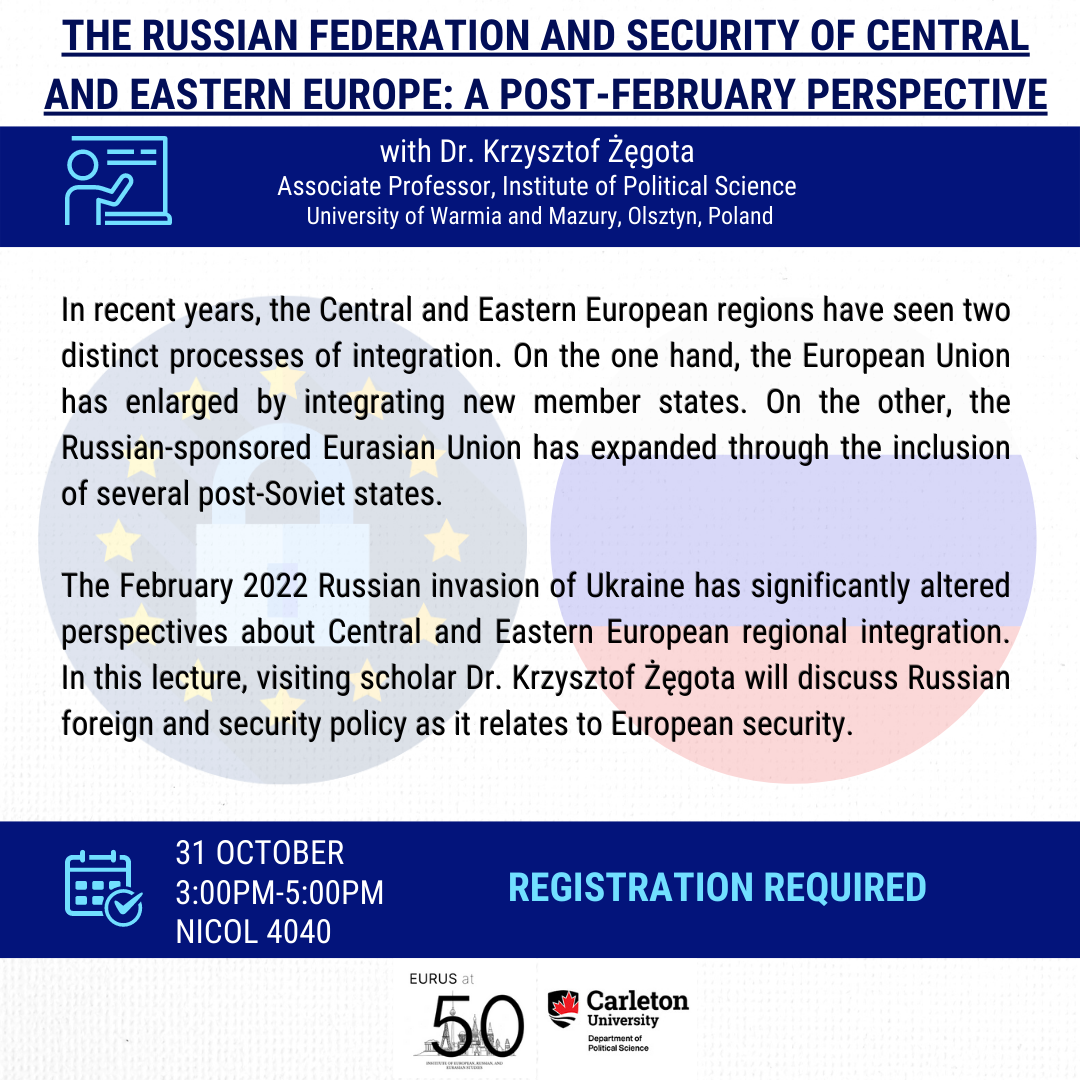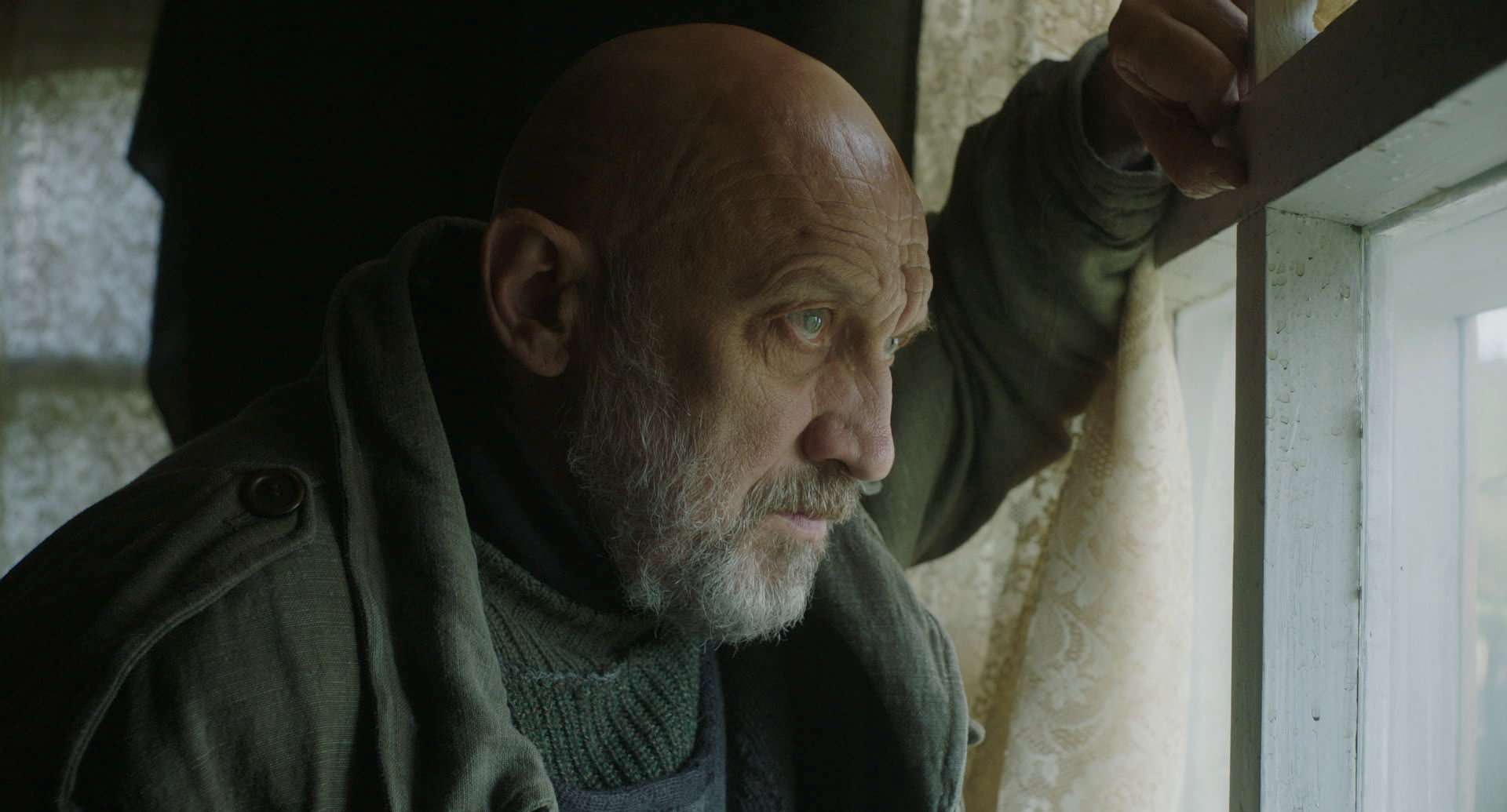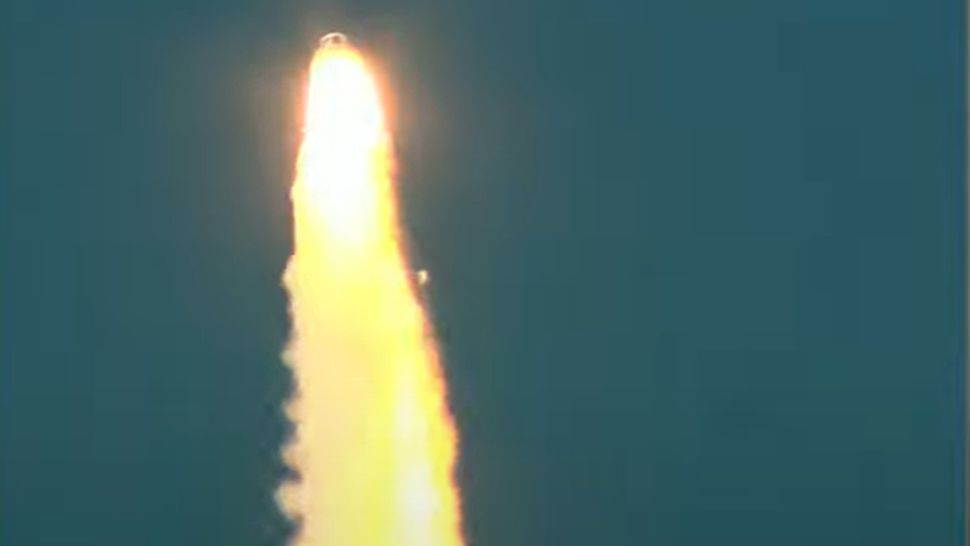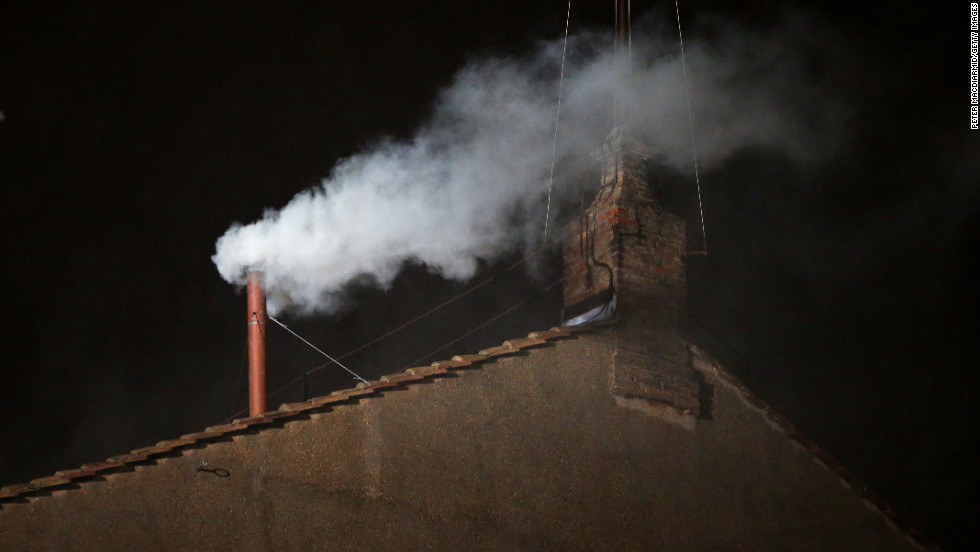Understanding The Russian Military's Impact On European Security

Table of Contents
Geopolitical Shifts and Power Dynamics
The Russian military's actions have significantly altered the balance of power in Europe, creating a new era of uncertainty and heightened tensions. The annexation of Crimea in 2014 and the ongoing war in Ukraine serve as stark examples of Russia's willingness to use military force to achieve its geopolitical objectives. These actions have had cascading effects on the regional security architecture.
- Increased tensions with NATO member states: Russia's military activities near NATO borders, including increased air and naval patrols, have led to heightened tensions and a significant increase in NATO military exercises and deployments in Eastern Europe. This creates a climate of mistrust and raises the risk of miscalculation or accidental escalation.
- Shifting alliances and partnerships within Europe: The crisis has strengthened the resolve of many European nations to deepen their cooperation within NATO and the EU. We've witnessed a renewed focus on collective defense and a reassessment of security partnerships, including stronger bonds with countries like Ukraine and Georgia.
- The role of military exercises and deployments in influencing regional stability: Russia frequently conducts large-scale military exercises near its borders, often cited as demonstrations of military power intended to influence neighboring states. These exercises contribute to regional instability and fuel perceptions of Russian aggression.
- The impact on the EU's Common Security and Defence Policy (CSDP): The Russian military's actions have spurred a renewed impetus within the EU to strengthen its CSDP, although challenges remain in achieving greater defense autonomy and coordination among member states.
The annexation of Crimea and the invasion of Ukraine have resulted in substantial increases in military spending across Europe. NATO members, in particular, have significantly boosted defense budgets in response to the perceived threat. This demonstrates the considerable economic and political costs associated with the Russian military's actions.
Military Modernization and Technological Advancement
Russia has invested heavily in modernizing its military, developing new weaponry and technologies that pose significant challenges to European security. This modernization effort goes beyond conventional forces and includes investments in cyber warfare and information operations.
- Development of new weaponry and military technologies: Russia's development of hypersonic missiles, advanced air defense systems, and precision-guided munitions represents a considerable technological leap. These capabilities challenge the defensive capabilities of NATO and other European nations.
- Improvements in cyber warfare capabilities and their potential use: Russia has demonstrated a significant capacity for cyberattacks, targeting critical infrastructure and disrupting government operations. The potential for more destructive cyberattacks remains a major concern.
- Strengthening of conventional military forces: Russia's military modernization includes significant improvements in its ground, air, and naval forces, increasing its capacity for large-scale military operations.
- The impact of these advancements on NATO's military strategy: NATO is responding to Russian military modernization by investing in its own technological capabilities and developing new strategies to counter the evolving threats.
The use of asymmetric warfare tactics, including disinformation campaigns and the exploitation of social media, further complicates the security landscape. These actions aim to undermine the cohesion of Western alliances and sow discord within European societies.
The Psychological Impact and Deterrence
The Russian military's actions have had a profound psychological impact on European populations and governments. The constant threat of aggression and the uncertainty surrounding Russia's intentions have created widespread anxiety and fear.
- Increased fear and uncertainty among European citizens: The ongoing conflict in Ukraine and Russia's assertive military posture have fueled anxieties about the possibility of further aggression and conflict spreading to other parts of Europe.
- The influence on public opinion regarding defense spending and military alliances: The perceived threat from Russia has led to increased support for higher defense spending and stronger military alliances within Europe, particularly within NATO.
- Impact on political decision-making regarding security policy: Governments across Europe have reassessed their security policies in light of the changing threat environment, leading to increased cooperation on defense and intelligence sharing.
- The role of propaganda and misinformation in shaping perceptions: Russia utilizes propaganda and disinformation campaigns to influence public opinion both domestically and internationally, aiming to legitimize its actions and sow discord among its adversaries.
Russia utilizes its military posturing as a tool for deterrence and influence. By projecting military strength, it seeks to discourage other nations from taking actions that it perceives as adverse to its interests. This approach, however, often has the opposite effect, leading to increased tensions and a heightened security dilemma.
NATO's Response and European Security Cooperation
NATO has responded to the changing security landscape by adapting its strategies and increasing its military presence in Eastern Europe. This response is multifaceted and includes substantial investment in military capabilities.
- Increased military deployments and exercises in Eastern Europe: NATO has significantly increased its military deployments and exercises in Eastern European member states to reassure allies and deter potential Russian aggression.
- Strengthening of partnerships with non-NATO countries bordering Russia: NATO has strengthened its partnerships with countries like Ukraine and Georgia, providing them with military assistance and training to enhance their defense capabilities.
- Investment in military infrastructure and modernization: NATO members have invested heavily in upgrading their military infrastructure and modernizing their armed forces to counter the evolving threat from Russia.
- Enhanced intelligence sharing and cooperation among allies: Improved intelligence sharing and cooperation among NATO allies are crucial for effective deterrence and response to Russian military activities.
The effectiveness of NATO's deterrence strategy remains a subject of ongoing debate, but its commitment to collective defense and the reinforcement of its eastern flank are clear responses to the security challenges posed by the Russian military's actions.
Conclusion
The Russian military's actions have fundamentally altered the security landscape in Europe, leading to increased tensions, military modernization, and significant psychological impacts. The response from NATO and the EU showcases the gravity of the situation and the necessity for continued adaptation to the evolving challenges. Understanding the Russian military's impact on European security is crucial for developing effective strategies to maintain peace and stability.
Call to Action: To stay informed about the ongoing developments and their implications for European security, continue to research the multifaceted impact of the Russian military and its influence on regional stability. Regularly review analyses on the Russian military's impact on European security to remain updated on this evolving crisis.

Featured Posts
-
 Nyt Spelling Bee Answers For February 12 2025 Find The Pangram
Apr 29, 2025
Nyt Spelling Bee Answers For February 12 2025 Find The Pangram
Apr 29, 2025 -
 M Ivaskeviciaus Isvarymas 11 Svarstymu Apie Spektakli Filma Ir Konteksta
Apr 29, 2025
M Ivaskeviciaus Isvarymas 11 Svarstymu Apie Spektakli Filma Ir Konteksta
Apr 29, 2025 -
 Texas Resident Killed In Wrong Way Car Accident Near State Line
Apr 29, 2025
Texas Resident Killed In Wrong Way Car Accident Near State Line
Apr 29, 2025 -
 Technical Glitch Forces Blue Origin To Cancel Rocket Launch
Apr 29, 2025
Technical Glitch Forces Blue Origin To Cancel Rocket Launch
Apr 29, 2025 -
 Papal Conclave Debate Over Convicted Cardinals Vote
Apr 29, 2025
Papal Conclave Debate Over Convicted Cardinals Vote
Apr 29, 2025
